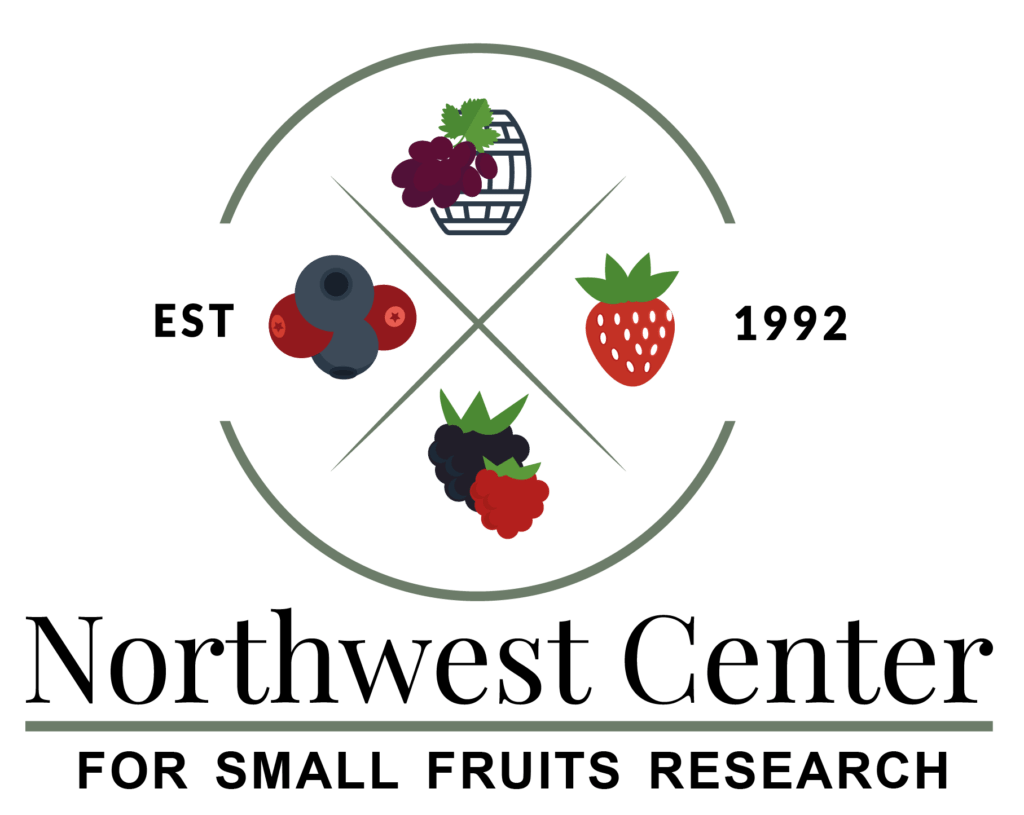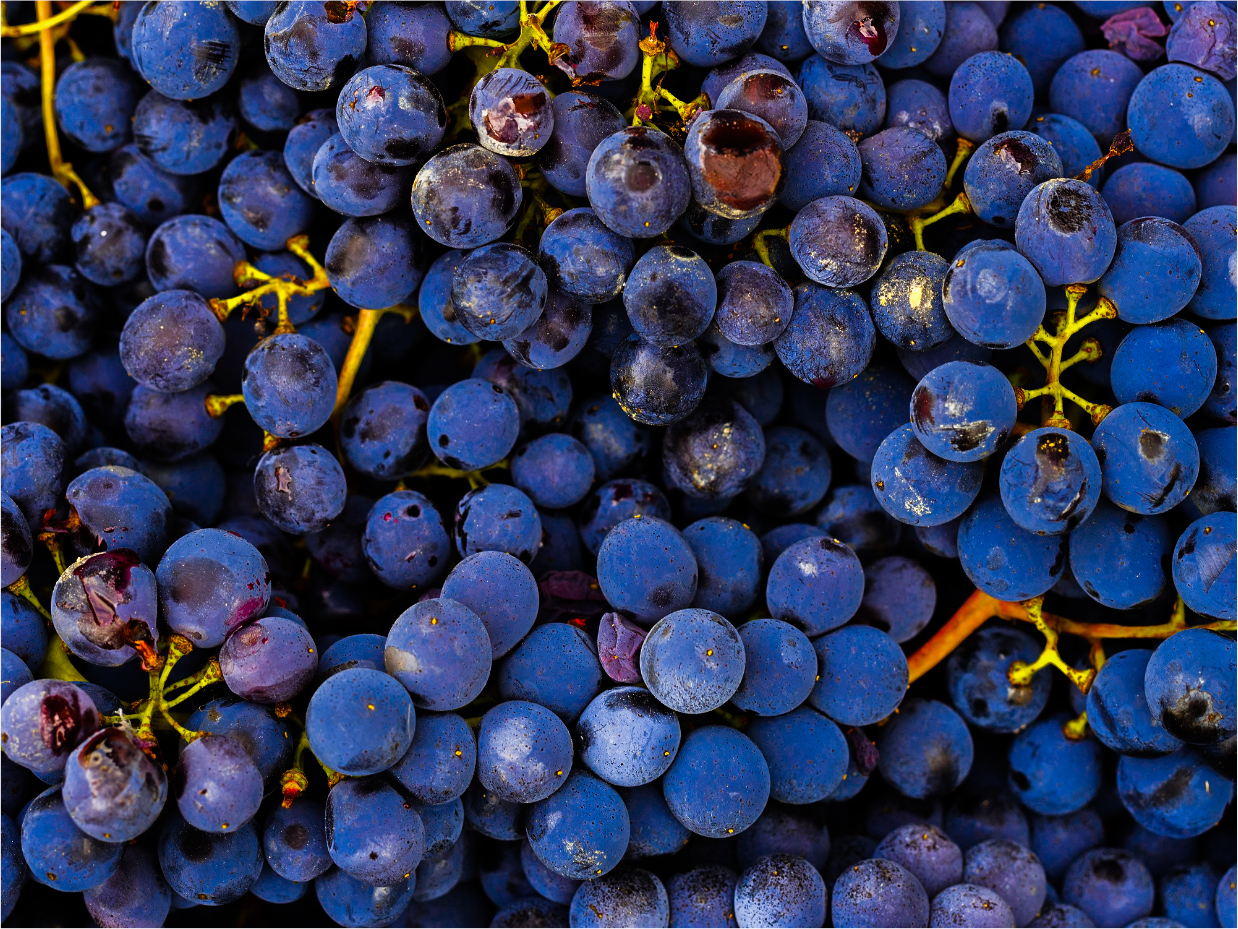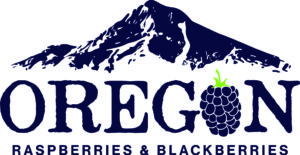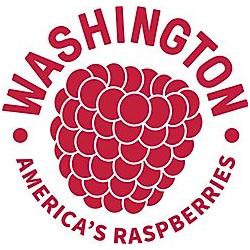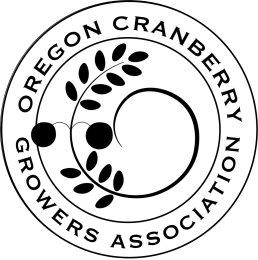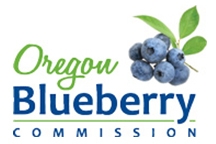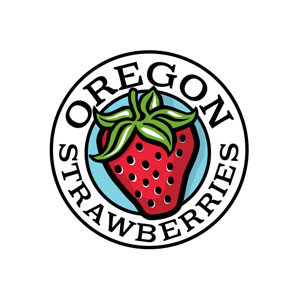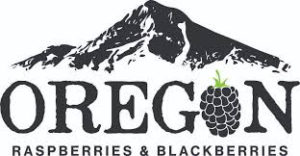Organic Management of Raspberry Root Rot
- Research Status: Project completed 2004
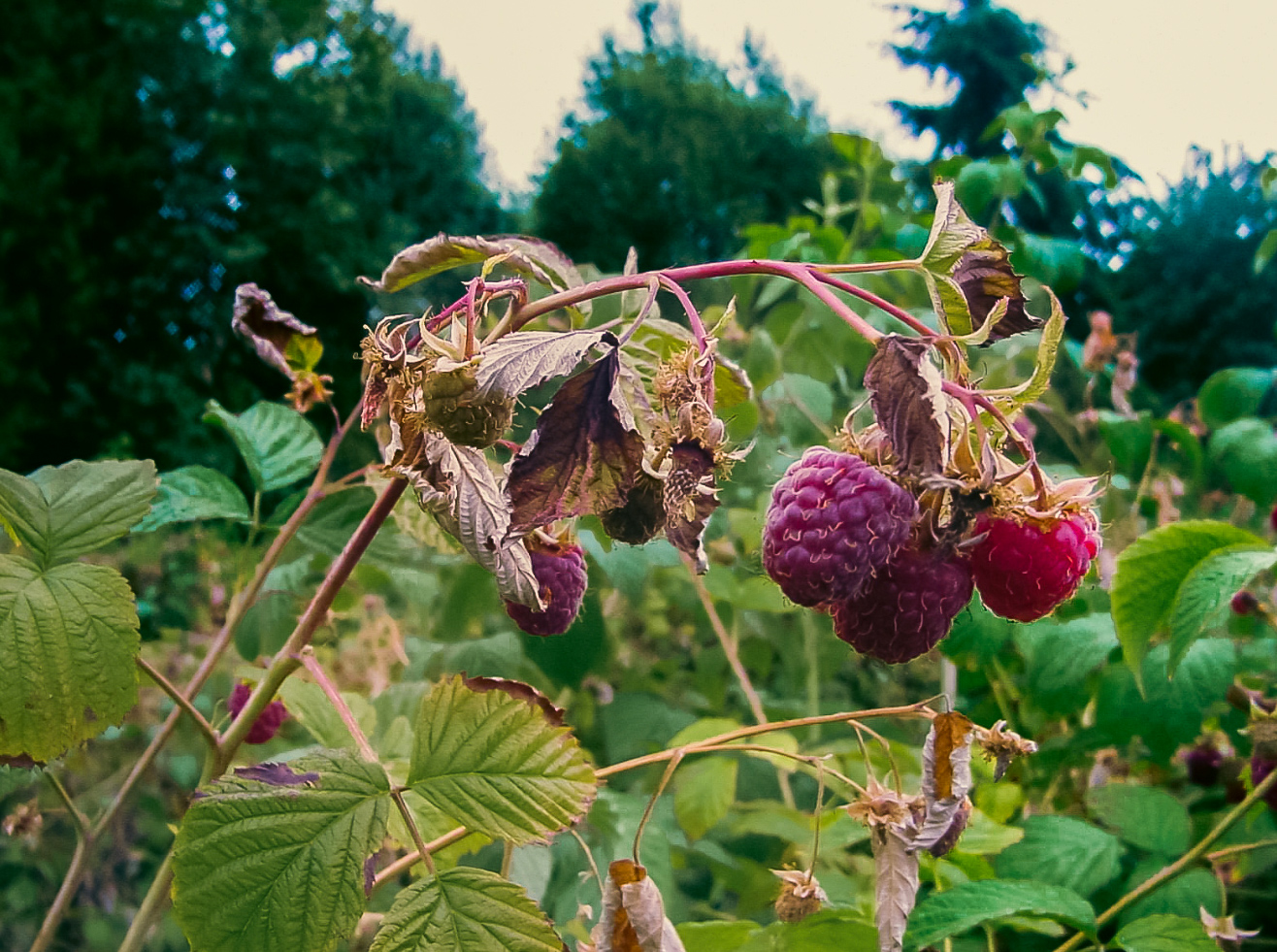

Carol Miles
Peter R. Bristow
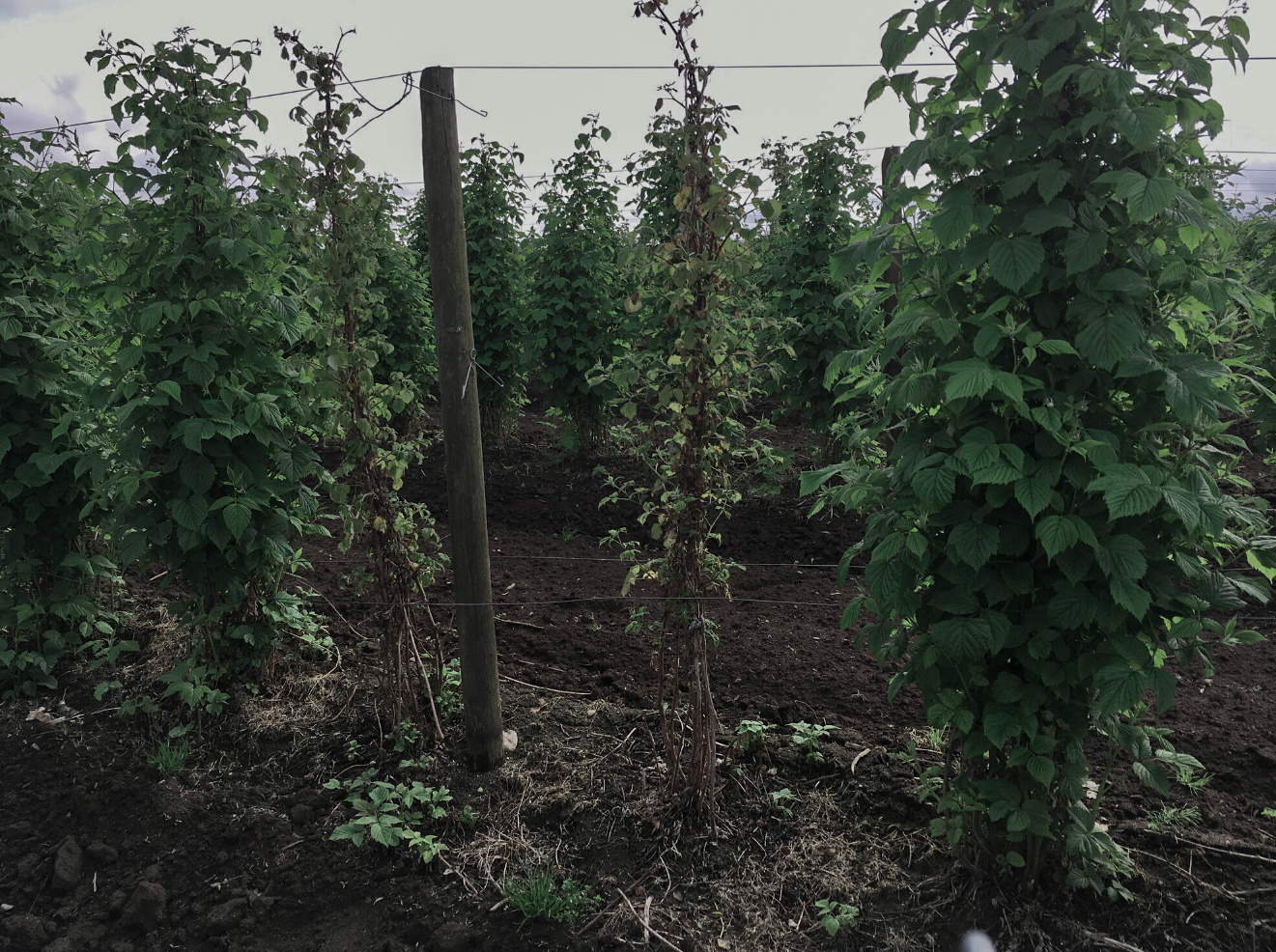
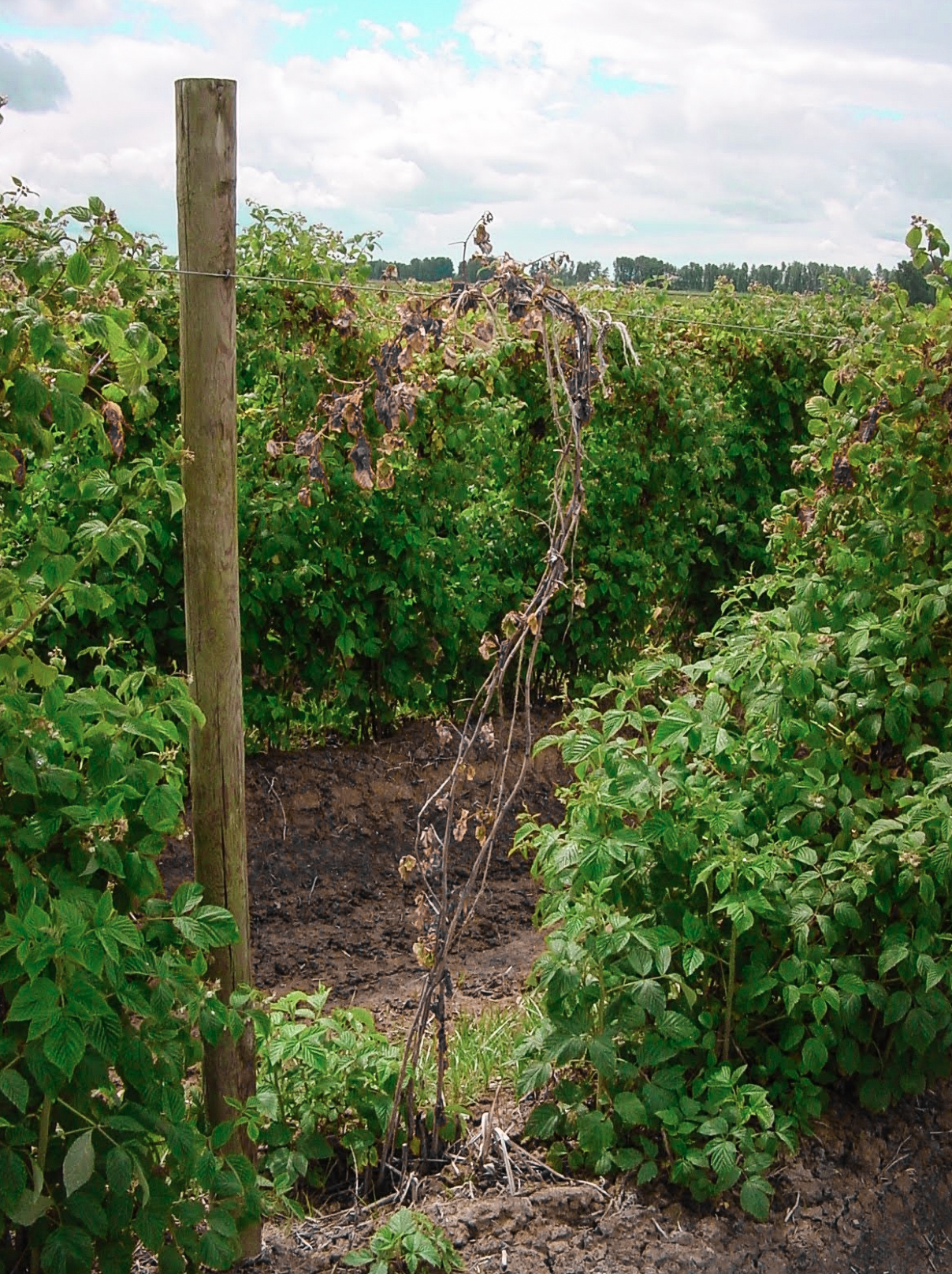

There is increased interest among growers to explore organic options for controlling raspberry root rot. Beginning fall 1999, a 3-year study was conducted at WSU Vancouver Research and Extension Unit (VREU) looking at Trichoderma, Gliocladium and manure as possible components of an integrated program for disease control. Untreated control plots and Ridomil applied plots were compared with the organic options. In 2002, a new study was established at this site to further investigate options for controlling root rot organically. These two studies have been carried out on our commercial field of ‘Meeker’ that was established in 1997 on raised beds with drip irrigation.
Soil at this site is naturally infested with the pathogen, providing medium to high levels of Root Rot. The results from the 3-year study indicate that Gliocladium may be as effective as Ridomil to partially alleviate pressure from root rot, but neither this biological control organism nor Ridomil are sufficient to prevent plant decline under high disease pressure. The new study was established in a section of the field with lower disease pressure with the hope of determining efficacy of these products plus Biovita and poultry manure within lower disease pressure field situations. Results from that subsequent research indicate that treating raspberry plants with poultry manure can increase berry yields 38–71% over untreated plants. The use of BioVita can increase yields 57-85%, and Gliocladium can increase yields 28-66%. Treating raspberry plants with dairy manure plus Ridomil can increase yields 35-41%, but without Ridomil, dairy manure only increases yield 11-26%. All of these treatments showed consistently larger yields than plots treated with fertilizer plus Ridomil, which only showed yields 5-17% higher than untreated plots.
Pathogenicity, fungicide resistance, and genetic variability of Phytophthora rubi isolates from raspberry (Rubus idaeus) in the Western United States. Plant Disease 98:1702-1708.
Stewart, J.E., Kroese, D., Tabima, J.F., Larsen, M.M., Fieland,V.J., Press, C.M., Zasada, I.A., and Grünwald, N.J. 2014.
Alternative methods of raspberry production and root rot control. Am. Soc. Hort. Sci. Abstr. 2001:475-476
Chen, C., and C. Miles, and S. Klauer. 2001.
